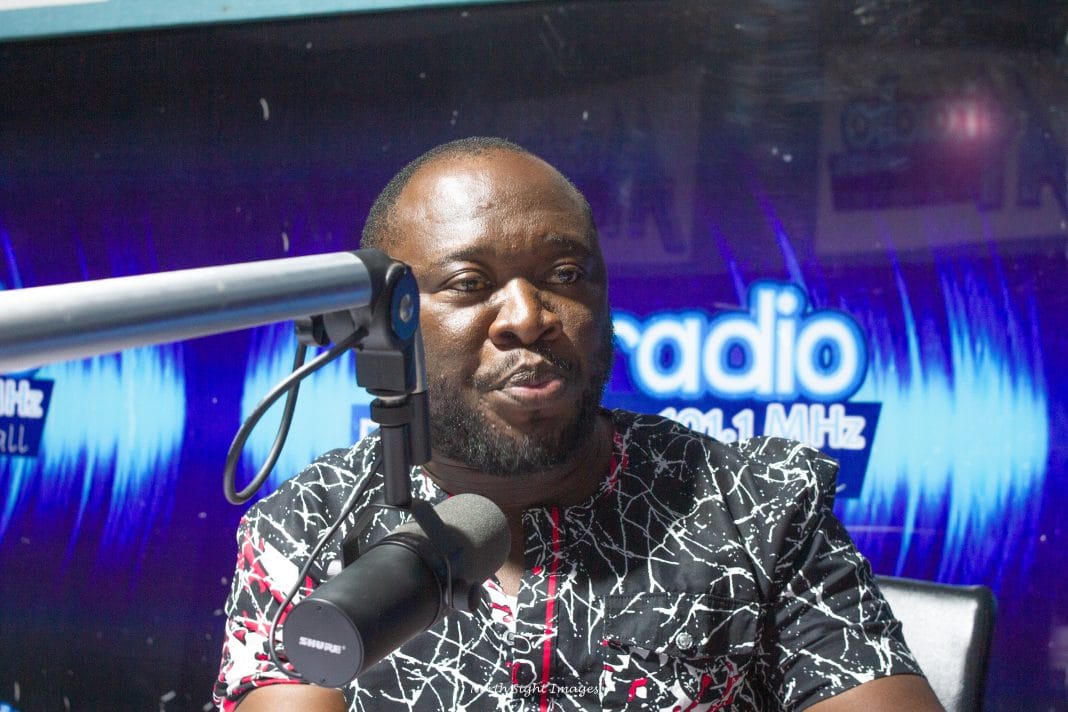Social Analyst, Ayam Fidelis Atura, has raised concerns over the growing culture of self-censorship among academics and journalists in Ghana, warning that it poses a serious threat to freedom of expression and the quality of national discourse.
Speaking in an interview on Daybreak Upper East in reaction to the 2024 U.S. State Department report on Ghana’s human rights practices, Mr. Atura noted that although the constitution guarantees freedom of speech and press freedom, political intimidation has forced many professionals to withdraw from public conversations.
“It is difficult for you to even express your opinion. When you are on radio, you panic because you don’t know who is listening and what they will say to you. People come on air and abuse your person, go into your personal life, assassinate your character in that manner, you find it difficult to see academics getting involved,” he explained.
According to him, this toxic environment has discouraged experts from contributing meaningfully to governance. He warned that character assassination not only damages reputations built over years but also robs the country of the intellectual resources needed for development.
“People in academia take years to build their reputation. If you abuse them when they speak, they avoid public platforms because they don’t want their image dented.”
The report also cited journalists as victims of self-censorship, often pressured by politically aligned media owners, security agencies, or fear of costly legal battles. Mr. Atura admitted that the situation undermines true press independence.
Mr. Atura emphasized that, “The Majority of the media houses set up in Ghana are owned by people who are politically inclined. Journalists find it difficult to express themselves freely because their employers’ business interests are at stake.”
As a remedy, he proposed innovative financing models such as subscription-based programming to guarantee independence and reduce reliance on political funding.
Despite these challenges, the analyst commended Ghana for its relative progress in media freedom compared to previous decades. However, he urged stakeholders to protect independent voices to safeguard democracy.
“It is not wrong to criticize or disagree with someone’s opinion. What is wrong is to destroy their character. Moving forward, we must allow constructive debate without intimidation.”
A1Radioonline.com|101.1Mhz|Gerard Asagi|Bolgatanga


